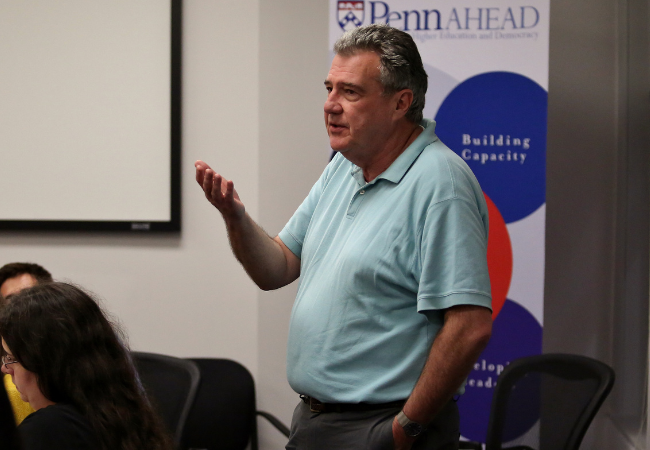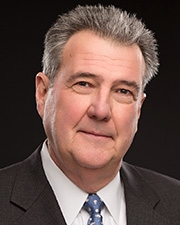Eight of the top opportunities and challenges in global higher education

Matthew Vlahos, vlahos@upenn.edu or 215-898-3269
Kat Stein, katstein@upenn.edu or 215-898-9642
*Note for TV and radio: The University of Pennsylvania has an on-campus ISDN line and ready access to a satellite uplink facility with live-shot capability.
Alan Ruby, a senior fellow and the head of Penn GSE’s Global Engagement Office (GEO), has put together a list of the most significant opportunities and challenges currently facing global higher education:
- The enabling environment is tightening. Disease, war, political tensions, and competition for resources are limiting access.
- There are more constraints on mobility. It's no longer as easy as five years ago for students, researchers and educators to study and work abroad because of escalating issues like costs, safety, public health, nationalism, and caps on numbers.
- The demand for skills is changing. Higher education's wage and prestige premium is shifting from undergrad to graduate degrees.
- There’s increasing competition for knowledge. Intellectual property, research investments and commercialization are creating an ever more complex international market for talent and patents and complicating cross-border academic partnerships.
- Populism, nationalism, and ideology have changed the landscape. Visa caps, limits on international education opportunities in China, and increased state surveillance of students and research sites are having an impact.
- Changing demographics. Aging populations in some markets and young populations in others are shifting focus, plus there are new markets as the global middle-class grows and participation in higher education increases.
- The appetite for diversity, difference and variety is resilient. Young people want choices. Many still value freedom of movement and worship, and some seek tolerance of difference - be it faith, identity, or sexuality.
- There’s a need for cross-country, cultural collaboration. We need our best minds to work on society's most intractable problems, like feeding all people adequately, delivering safe and affordable water, managing the climate, and maintaining individual privacy in a digital world. All are cross-border problems.
About Alan Ruby: Alan Ruby has spent his distinguished career working with governments, businesses, philanthropists, and educators across the globe. He's held numerous roles, from classroom teacher to six years as the Australian deputy secretary of education to chair of the OECD education committee. At the University of Pennsylvania, Ruby is a Senior Fellow in the Alliance for Higher Education and Democracy (Penn AHEAD), focusing on globalization's effects on universities and education worldwide. In addition to also heading up Penn GSE's Global Engagement Office, he leads graduate seminars on "Globalization and the University." Internationally, he serves as a Trustee of Nazarbayev University and the Nazarbayev Intellectual Schools in Kazakhstan. And he has served as a consultant to the Government of India, the World Bank, the HEAD Foundation in Singapore, higher education officials in Bhutan and Indonesia, and the American Institutes of Research.

